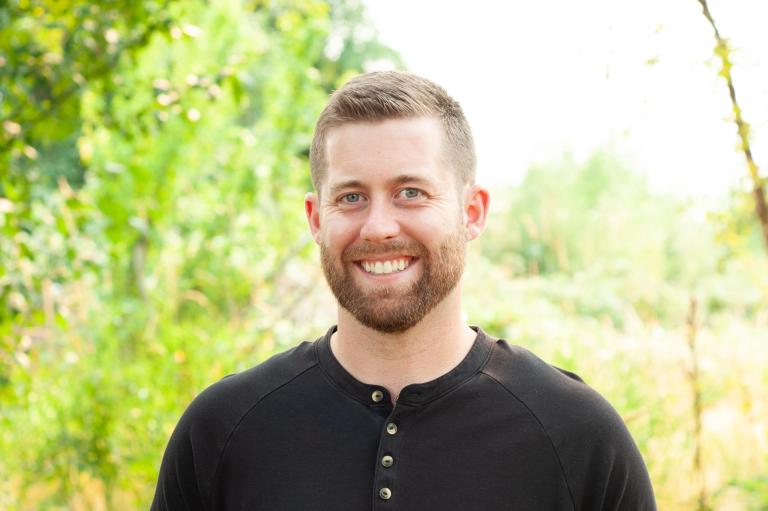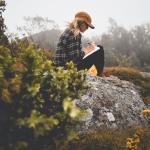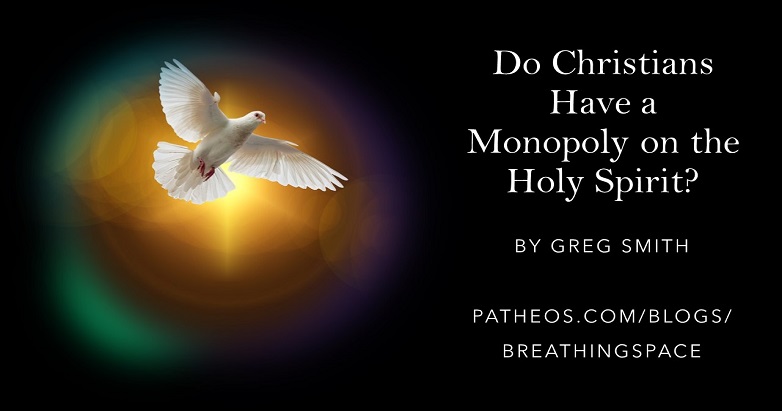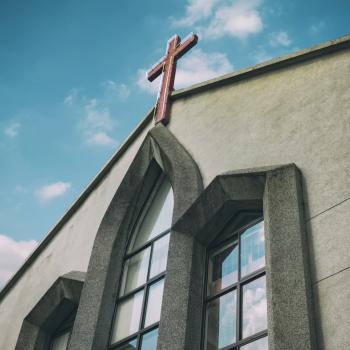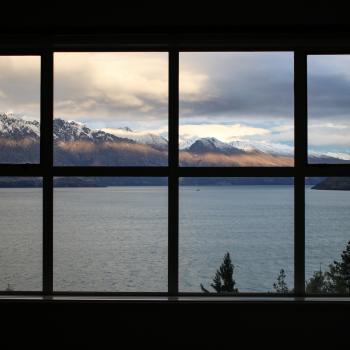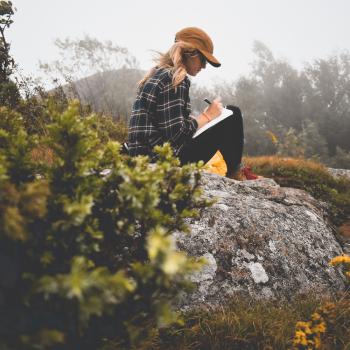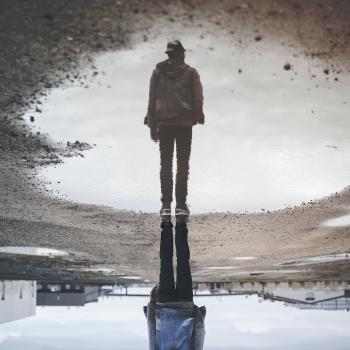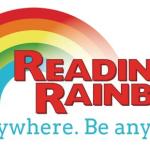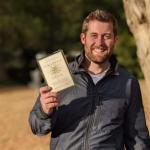
The way we gather says a lot about us, whether it’s for Sunday worship or a Thursday night small group.
Richard Rohr has a saying: “true prayer or contemplation is a leap into commonality and community.” Or to turn it around: the ways we engage commonality and community expose the quality and depth of our prayer and contemplation.
Is the way we gather in community filled with a deep appreciation for humanity and good-enough-ness or is it a hierarchical force that sustains current power dynamics and the status quo?
Take a moment and do an audit of the communal spaces you gather with others in:
- Coffee shops
- Work meetings
- Family mealtimes
- Faith communities
- Grocery and retail stores
- Sporting and gaming events
- Professional development classes
Here are some questions you might ask as part of this audit:
- What is the physical form of this space?
- What does the physicality of the space imply about the values of those who create/maintain it?
- Who is allowed to speak in this space and when?
- When you’re in this space, is there an agenda? Who sets it? (Who doesn’t set it?)
- Who holds power and rank in this space? Who doesn’t?
- How is this space facilitated? Is it co-created by participants or designed by one person or a committee?
- Does this space feel generative or does it largely exist for the maintenance of the status quo or “how things have always been?”
- What is the level of depth at which people interact with each other most often while in this space? (Ex. surface level, deeply intimate, no interaction, etc.)
- What energies do you most often feel while being in this space or thinking about being in this space?
There are obviously plenty more questions you could ask.
The point is: how we meet is who we are.
adrienne maree brown, the brilliant community organizer, author, and healer, says this:
“There are moments in facilitation [and of holding space with others] when you can feel the way to the future unblock, when you can feel the room burst forward on behalf of the species. In those moments, I can feel the tingling prickling aliveness of interconnection, of history, of futures becoming possible.”
This article is a version of the April 12th edition of The Wednesday 1-2-3. This is my weekly email where I share short, embodied teachings, along with inner work questions and resources to take the teaching deeper.
Inner Work Questions
- How are your gatherings inviting new futures to become possible?
- And if they aren’t currently, how might you be part of such an emergence? (Whether in this space or by leaving this space and entering another.)
Additional Resources
- A Framework for Gathering (free PDF for small groups)
- Holding Change: The Way of Emergent Strategy Facilitation and Mediation, by adrienne maree brown (book)
- Community: The Structure of Belonging, by Peter Block (book)


